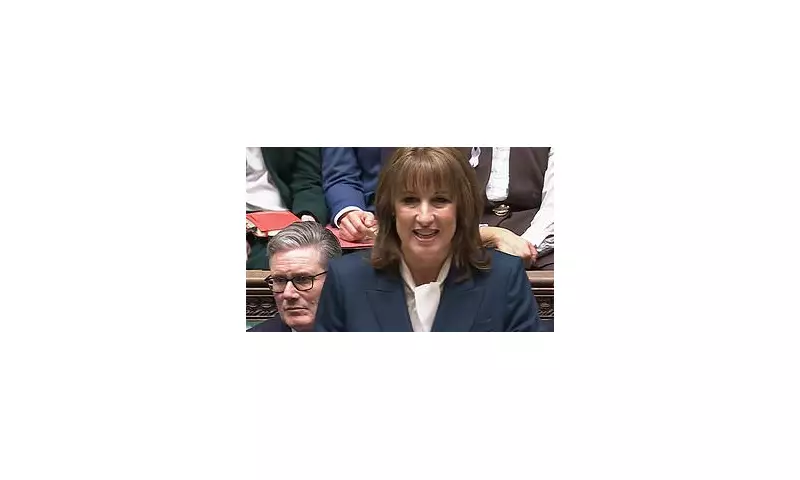
Chancellor Rachel Reeves has performed significant U-turns on key welfare policies, committing to an additional £16 billion in benefit payments. The dramatic shift follows intense internal Labour pressure and was revealed in a budget assessment published early by the Office for Budget Responsibility (OBR).
Breaking Down the £16 Billion Bill
The OBR's analysis, which surfaced before the official Budget presentation, detailed the substantial costs of the Chancellor's reversals. The single most expensive measure is the decision to ease the controversial two-child benefit cap. This policy change alone is projected to add £3.1 billion to the welfare bill.
This issue has been a major source of contention within the Labour Party since it formed the government. The internal conflict escalated when several Labour MPs were suspended for voting in favour of an SNP motion to scrap the cap back in 2024.
Furthermore, the Treasury will face a £1.7 billion financial impact from the decision to water down the planned removal of the winter fuel allowance for pensioners. The £350 payment will now be retained for a larger number of pensioners than initially proposed.
Disability Payments and PIP Crackdown
The OBR report also highlighted increased costs from disability benefits. A partial U-turn by the Chancellor on a planned crackdown on Personal Independence Payments (PIP) will add a further £1.4 billion to the total. These payments are provided to individuals who state they are too ill to work.
The combined effect of these policy reversals marks a significant departure from the government's initial fiscal strategy, illustrating the powerful influence of backbench pressure and the complex realities of welfare reform.






